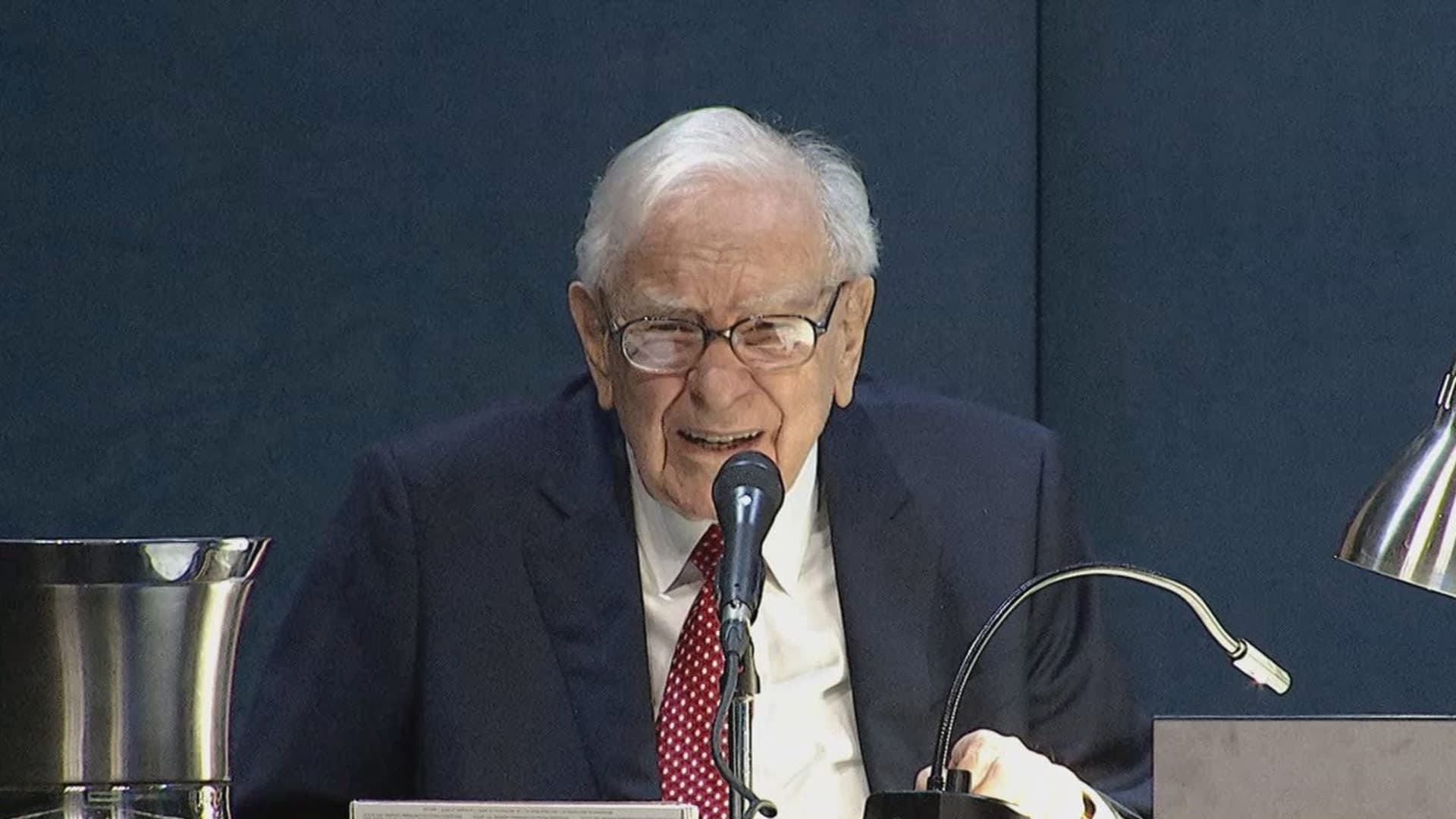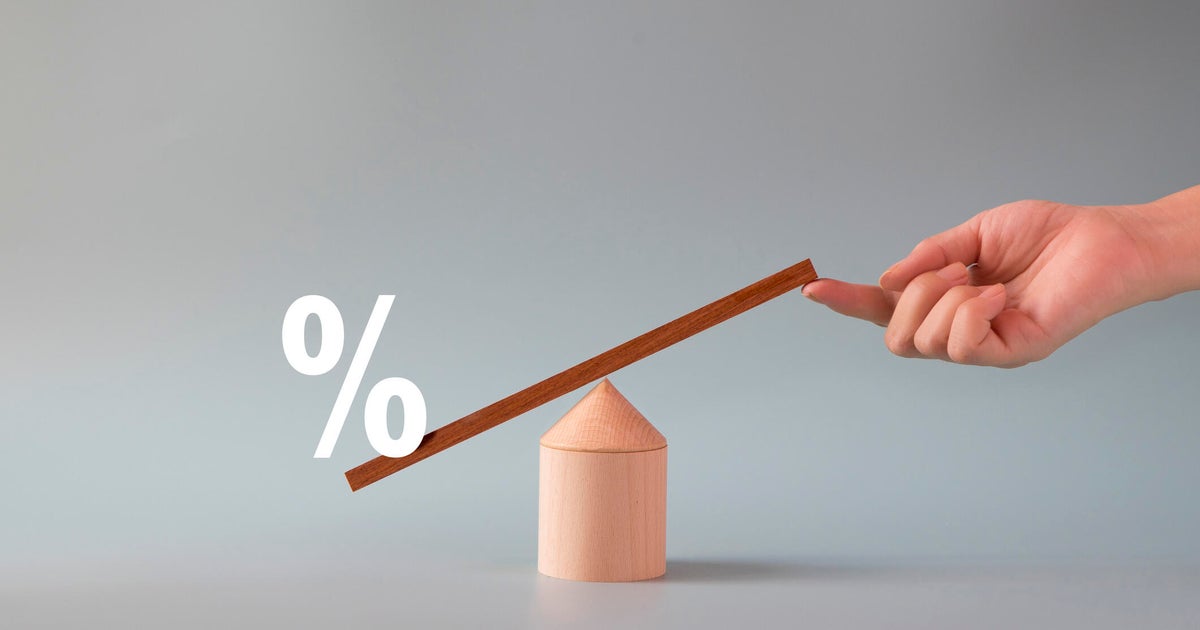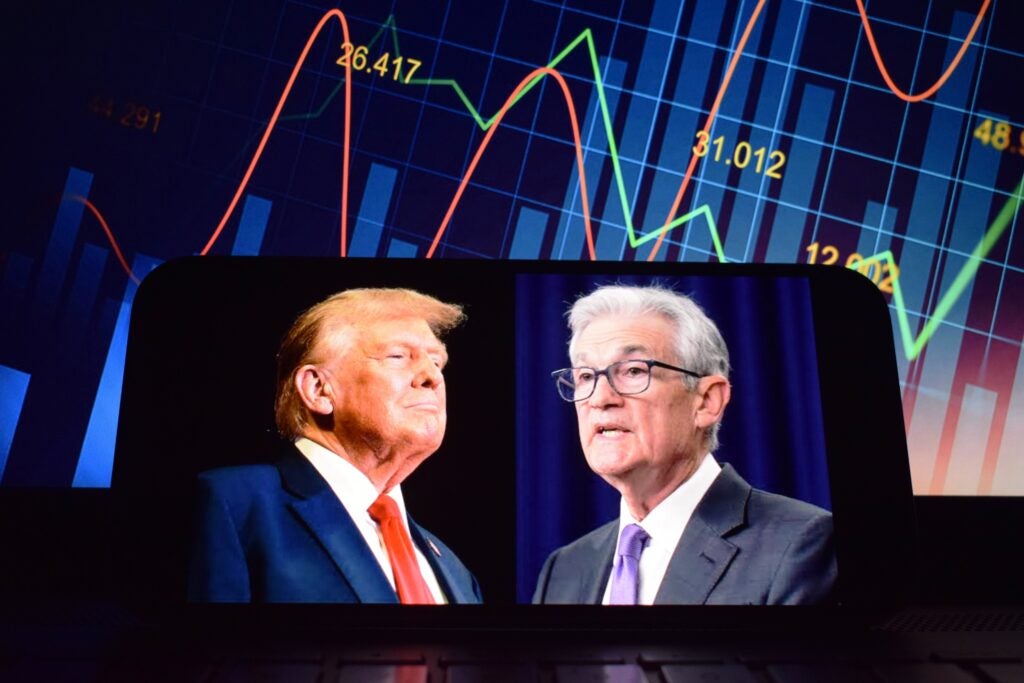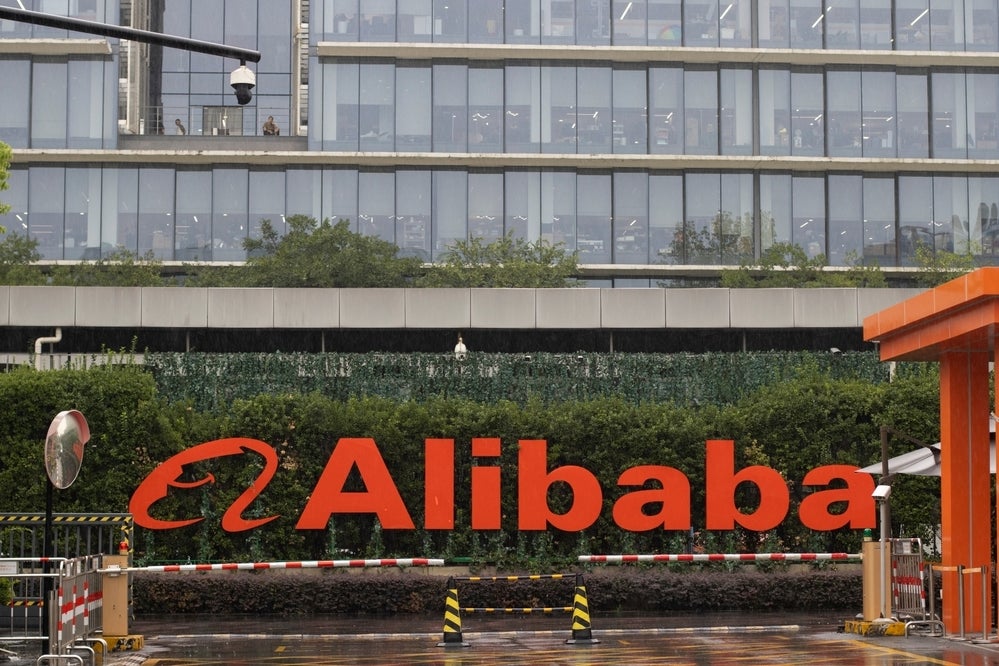Buffett’s Bold Bet: Berkshire Increases Holdings in Japanese Trading Giants
In a significant move that has captured the attention of investors and analysts alike, Warren Buffett’s Berkshire Hathaway has raised its stakes in five major Japanese trading companies to nearly 10% each. This bold bet reflects Buffett’s strategic investment approach and underscores his confidence in Japan’s economic recovery and growth potential in international markets. The implications of this investment are far-reaching, not only for Berkshire Hathaway but also for Japan’s trading sector and global investors.
The Significance of the Investment
Buffett’s decision to increase holdings in Japanese trading giants—Mitsubishi Corp, Mitsui & Co, Sumitomo Corp, Itochu Corp, and Marubeni Corp—signals a shift in investment strategy for Berkshire Hathaway. Traditionally known for its substantial investments in American companies, this venture into the Japanese market indicates a broader perspective on global opportunities.
By acquiring nearly 10% in each of these companies, Buffett is not only diversifying Berkshire’s portfolio but also making a statement about the potential for growth in Japan. This move is particularly noteworthy given the backdrop of Japan’s economic landscape, which has shown signs of recovery following decades of stagnation.
Understanding the Japanese Trading Companies
Japan’s trading companies, often referred to as “sogo shosha,” play a crucial role in the country’s economy. They are involved in various sectors, including energy, food, chemicals, and machinery. These conglomerates act as intermediaries, facilitating trade both domestically and internationally, which positions them as vital players in the global supply chain.
- Mitsubishi Corp: One of the largest trading companies, involved in diverse businesses from machinery to food.
- Mitsui & Co: Known for its robust portfolio in energy and chemicals, Mitsui also has significant investments in agriculture.
- Sumitomo Corp: Focuses on metals and mineral resources, with growing interests in infrastructure and energy.
- Itochu Corp: Engages in textiles, food, and machinery, with a strong international presence.
- Marubeni Corp: Active in various sectors, including power generation, infrastructure, and food supply.
These companies have demonstrated resilience and adaptability in changing market conditions, making them attractive investments for long-term growth.
Buffett’s Faith in Japan’s Economic Recovery
Warren Buffett’s investment strategy often revolves around identifying undervalued companies with strong fundamentals. His increased holdings in Japanese trading giants indicate a belief in Japan’s economic potential. Japan has been navigating challenges such as an aging population and deflationary pressures, but recent economic indicators suggest a turnaround.
The Bank of Japan’s commitment to maintaining low-interest rates and implementing stimulus measures has fostered a conducive environment for growth. Additionally, the gradual lifting of COVID-19 restrictions has led to a resurgence in consumer spending and business activity. Buffett’s timing aligns with these economic trends, showcasing his ability to foresee potential recovery trajectories.
Strategic Diversification and Global Outlook
Buffett’s bold bet is also a reflection of a broader trend among investors seeking diversification beyond traditional markets. The global economy is increasingly interconnected, and opportunities in emerging markets like Japan cannot be overlooked. By expanding its holdings in Japanese companies, Berkshire Hathaway is positioning itself to capitalize on the growth potential in Asia.
This strategic diversification aligns with Buffett’s long-standing philosophy of investing in companies with robust fundamentals and long-term growth prospects. The Japanese trading companies, with their extensive networks and diverse portfolios, present a unique opportunity to tap into various sectors and mitigate risks associated with market volatility.
The Impact on Berkshire Hathaway
For Berkshire Hathaway, this investment is expected to bolster its international presence and enhance its overall portfolio performance. The diversification into Japan not only spreads risk but also opens doors to potential revenue streams from different markets. As these trading companies continue to adapt to global market changes, Berkshire Hathaway stands to benefit from their growth.
Moreover, the increased stake in Japanese companies may foster stronger ties between the U.S. and Japan, promoting collaboration in various sectors. Given Buffett’s reputation as a savvy investor, other institutional investors may follow suit, further strengthening Japan’s position in the global investment landscape.
Analyzing the Risks and Rewards
While Buffett’s increased holdings in Japanese trading giants present numerous opportunities, it is essential to consider the associated risks. Market volatility, geopolitical tensions, and economic fluctuations can impact the performance of these companies. Additionally, Japan’s demographics present long-term challenges that could affect overall economic growth.
However, Buffett’s track record of successful investments suggests that he has thoroughly analyzed these risks. His confidence in Japan’s recovery reflects a calculated approach that underscores the potential rewards of investing in a market with strong fundamentals and growth prospects.
Looking Ahead: The Future of Berkshire in Japan
As Berkshire Hathaway solidifies its presence in Japan’s trading sector, the future looks promising. The alignment of strategic investments with macroeconomic trends positions Berkshire to capitalize on Japan’s evolving market landscape. Investors and analysts will undoubtedly watch closely to see how this bold bet unfolds and what it means for both Berkshire Hathaway and the Japanese economy.
In conclusion, Warren Buffett’s decision to increase holdings in five major Japanese trading companies exemplifies his forward-thinking investment philosophy. This bold bet not only reflects confidence in Japan’s economic recovery but also highlights the potential for growth in international markets. As the world continues to navigate post-pandemic challenges, Buffett’s strategic moves will remain a focal point for investors seeking insights into the future of global markets.
Ultimately, Buffett’s bold bet serves as a reminder of the importance of adaptability and foresight in investment strategies. By recognizing the potential in Japan’s trading giants, Berkshire Hathaway is poised to reap the rewards of a well-calculated investment in a recovering economy.
See more CNBC Network



